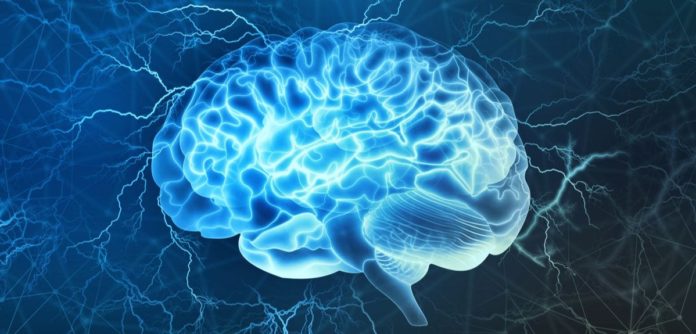Whether you are six years old or sixty, everyone has certain basic types of memory. But do you remember exactly where you were and what you were doing on June 15th, 2005? Most people are clueless. If you have the rare condition of highly superior autobiographical memory (HSAM), you’re likely to remember practically every little thing about that day, right down to the way you felt! Highly Superior Autobiographical Memory is a rare condition in which people can remember almost every single day of their lives with accuracy.
A boon or a bane?

The first documented case of HSAM was published in 2006, the story of “AJ” — the pseudonym for Jill Price, who has since made her identity known — and described the peculiar way her memory works. ”Whenever I see a date flash on the television (or anywhere else for that matter) I automatically go back to that day and remember where I was, what I was doing, what day it fell on and on and on and on and on. It is non-stop, uncontrollable and totally exhausting.”
Another woman explains how this works and how having HSAM has affected her life – Markie Pasternak remembers exactly when she realized her brain was different. It was Tuesday, August 26, 2014, at the beginning of her junior year at Marquette University. She sat in a class called Learning and Memory, a psychology course that covered how people learn and the different types of memory.

Pasternak, now 23, is currently the youngest person with Highly Superior Autobiographical Memory (HSAM), a rare condition that only around 60 people in the world are known to have. Give her any date between 2005 and the present day, and she will tell you what day of the week it was and everything she did that day in extraordinary detail. Learn more about her- one of those 60 people, Markie Pasternak, the youngest person ever with this condition.
Researchers at the University of California, Irvine reported the first known case of HSAM in 2006 and have been further studying it ever since. When a potential HSAMer is identified, researchers conduct a two-part test to confirm the diagnosis. First, they provide several dates (say, June 25, 2009) and participants must recall what major current event took place each day (that was a Thursday, and that’s when Michael Jackson died). If they pass that test, they move onto the second. A generator spits out 10 random dates, and participants must name the day of the week, verifiable events that occurred that day, and other descriptors like what the weather was like.

There are a few things that make people with HSAM different from the rest of us. Most seem to have obsessive behaviours, such as a tendency to collect, clean, or organize things to an unusual degree. Brain scans show differences structurally in the parts related with memory creation, and studies show that when you ask people with HSAM and regular people to recall an event at the same time, most people will forget after about a week whereas HSAM subjects will remember it for a decade or more
Scientists don’t know what exactly gives people with HSAM this superpower, but they have some theories.
Unfortunately, researchers still don’t understand exactly what gives certain people this amazing power. Here’s what they do know, though: While people with HSAM recall memories with the same parts of their brain as everyone else, brain scans have revealed differences in the structure of areas linked to their autobiographical memory creation. People with HSAM also tend to obsessively collect, clean, or organize things. Researchers believe people with HSAM have the extreme opposite of Alzheimer’s, and uncovering what is biologically different about HSAM brains could help treat Alzheimer’s, depression, and other mental health issues.
Further reading:


